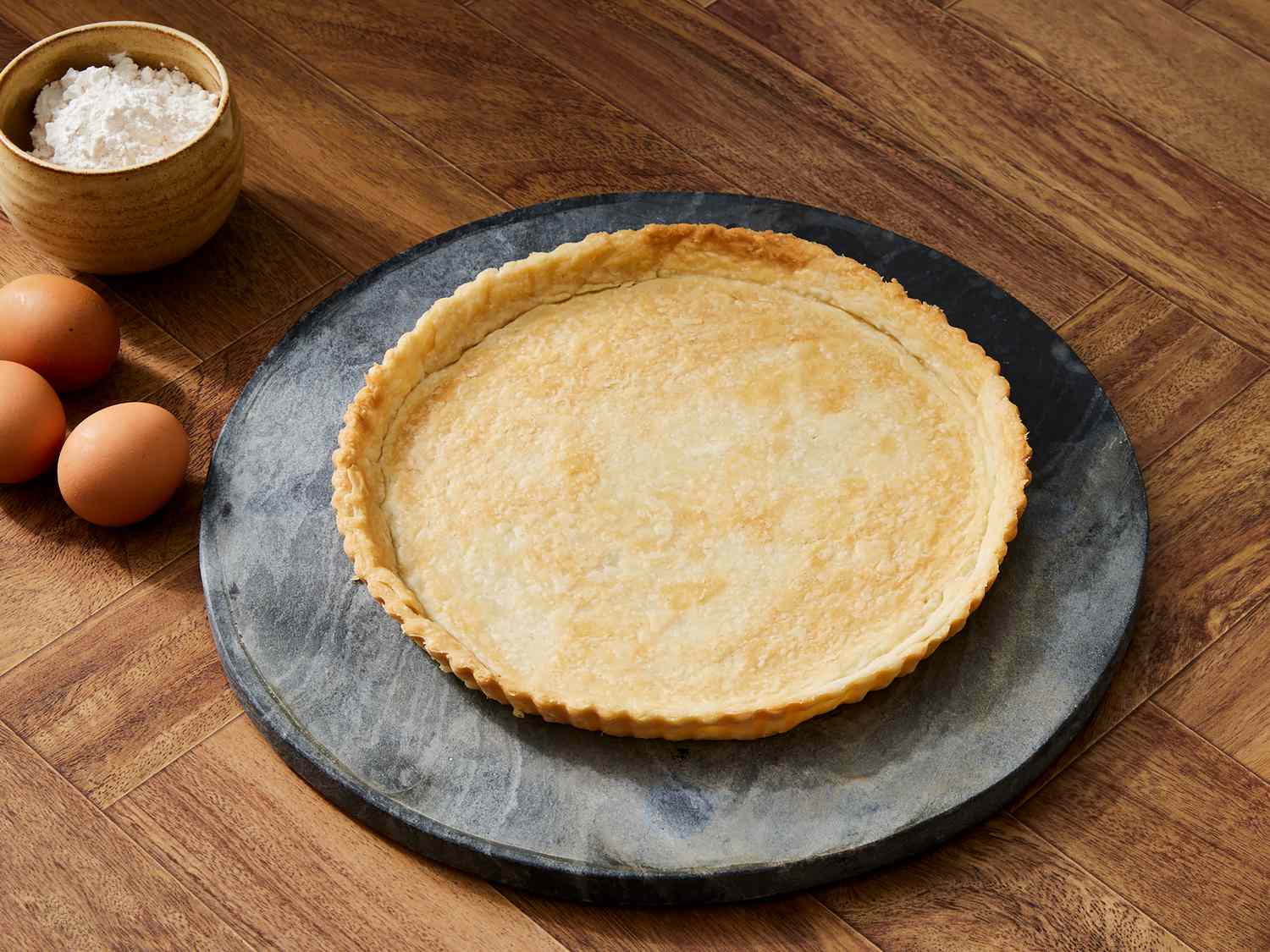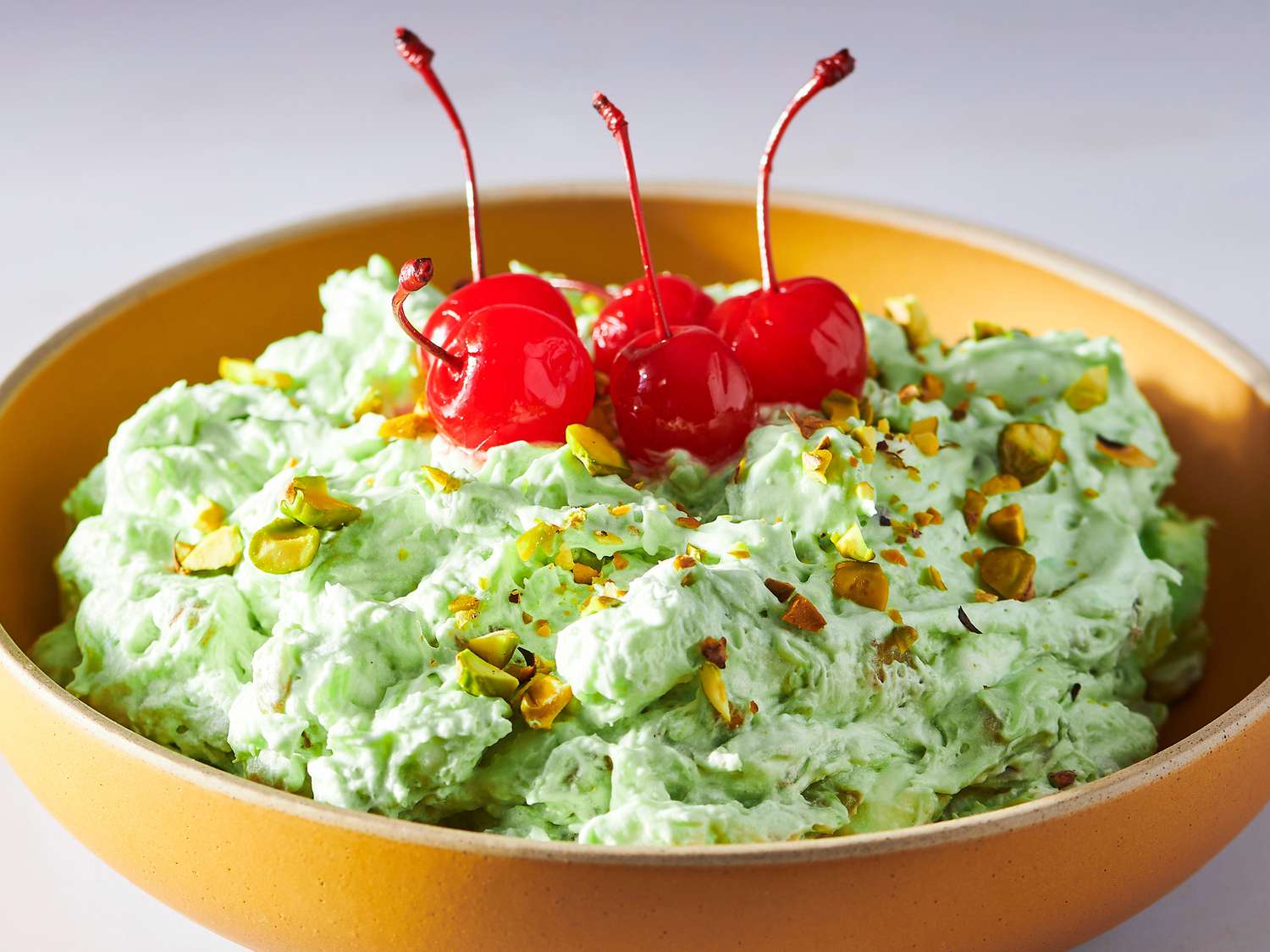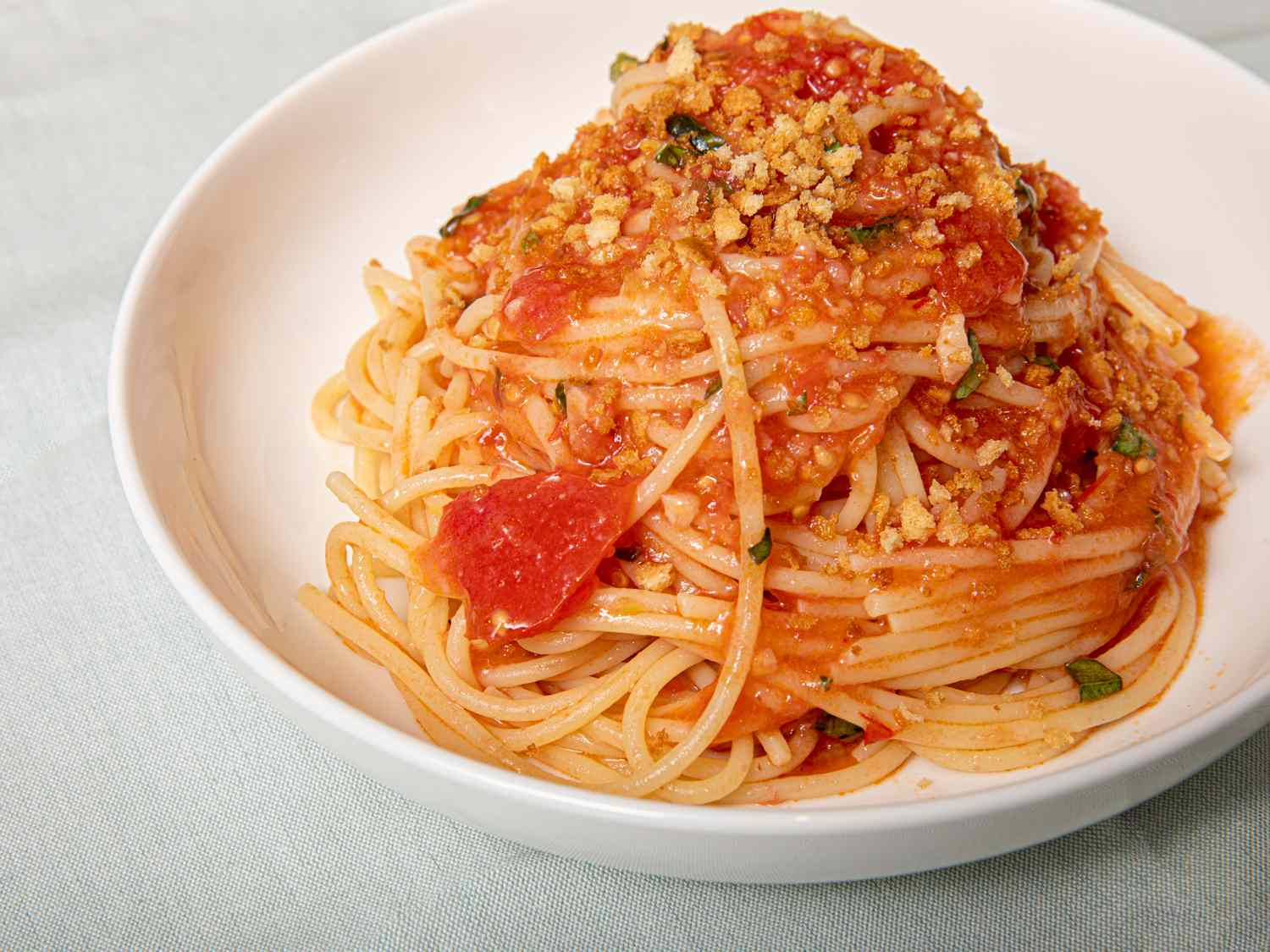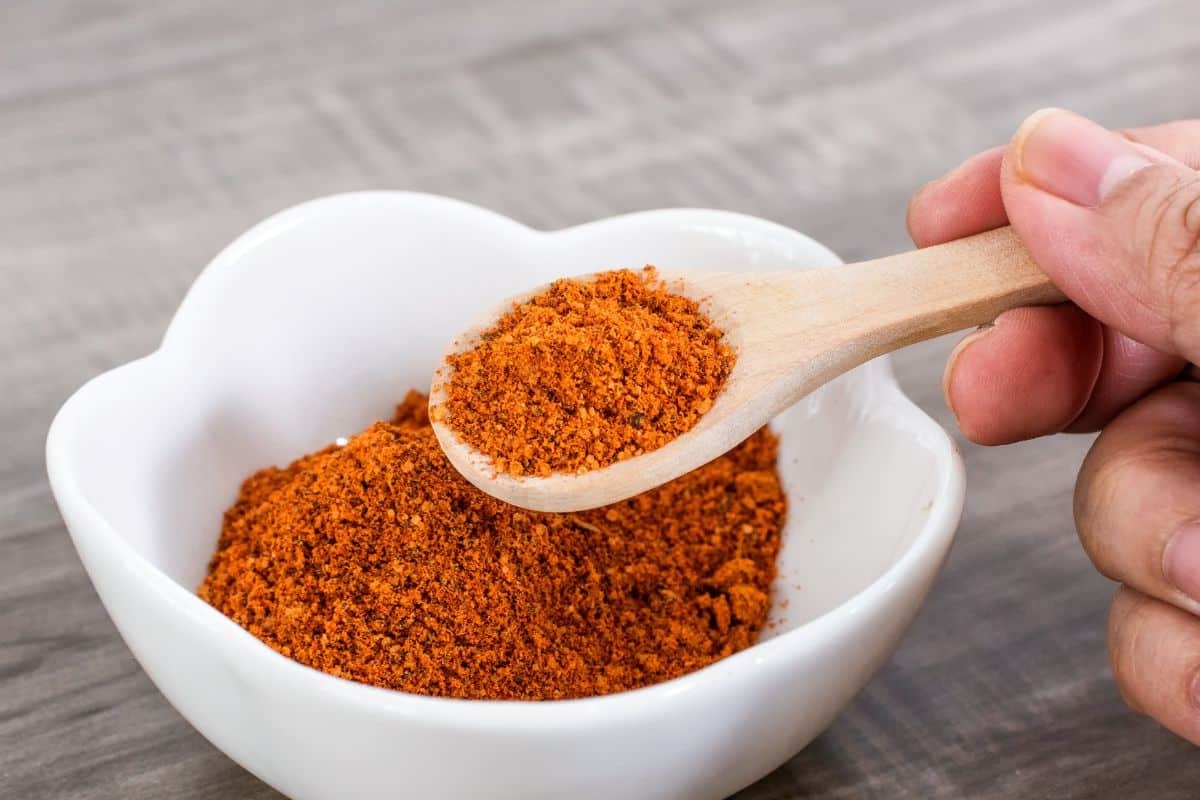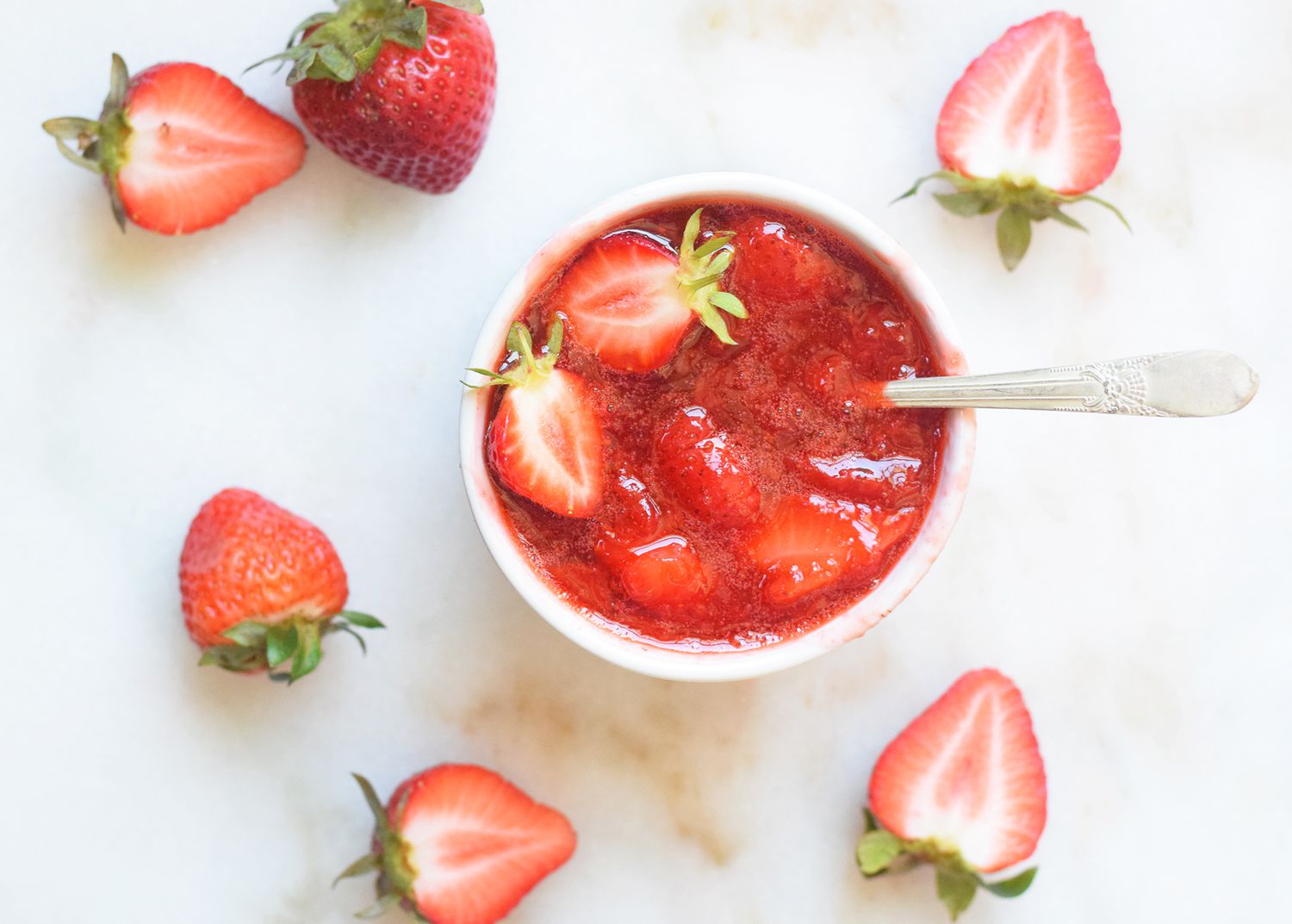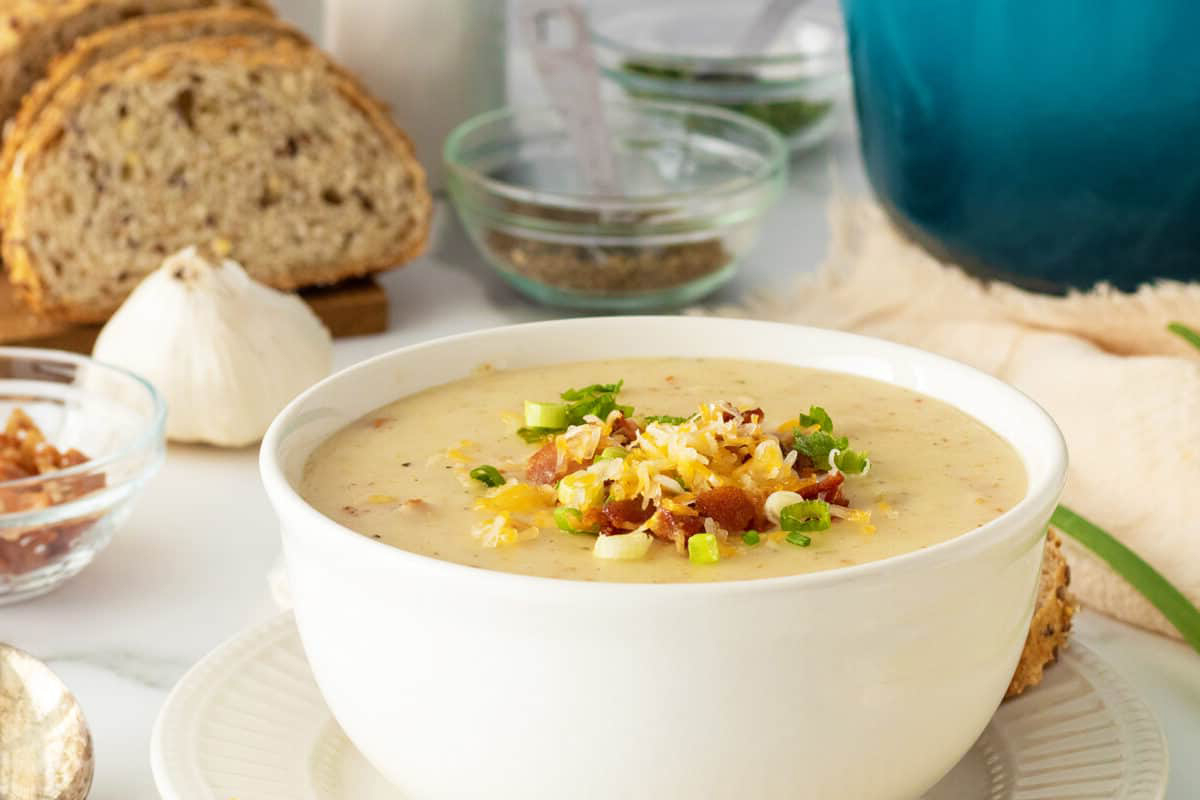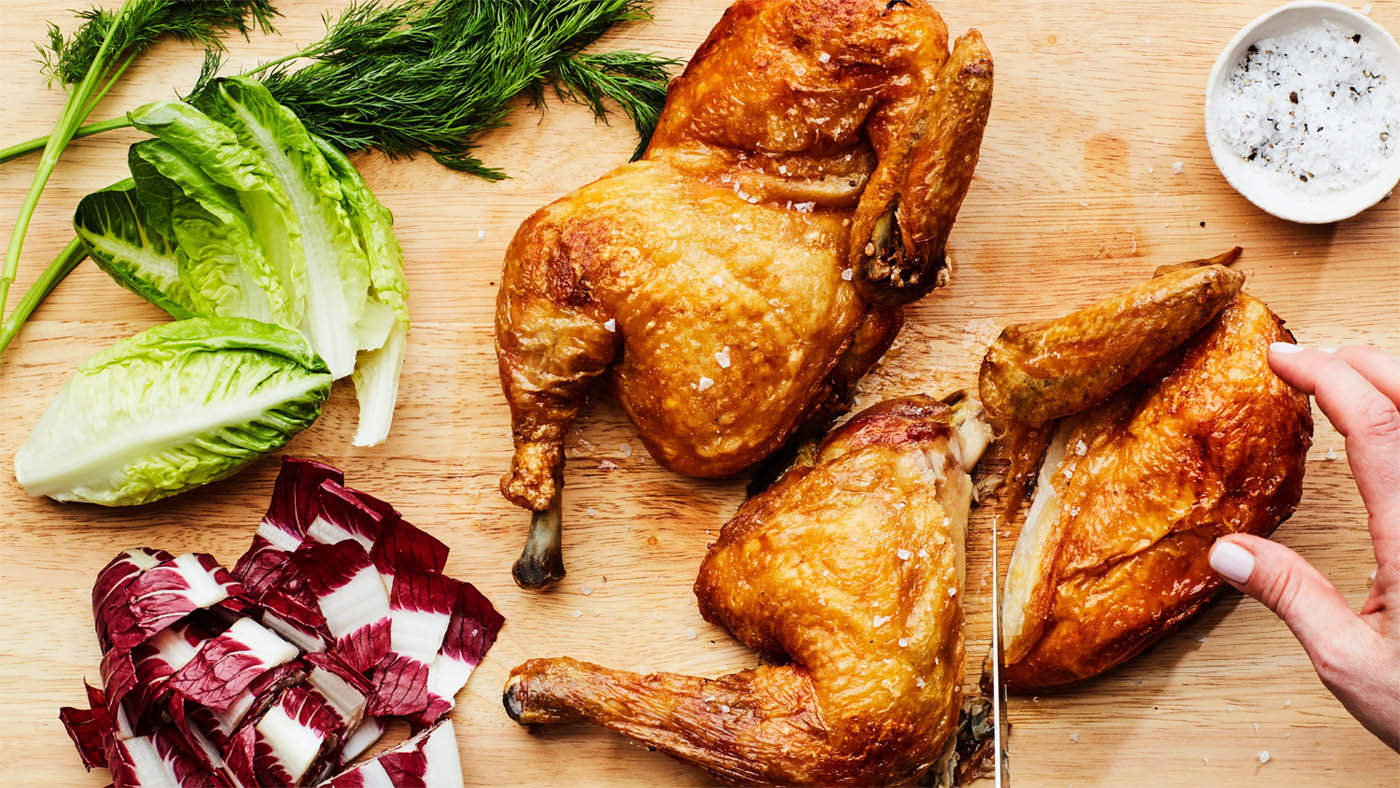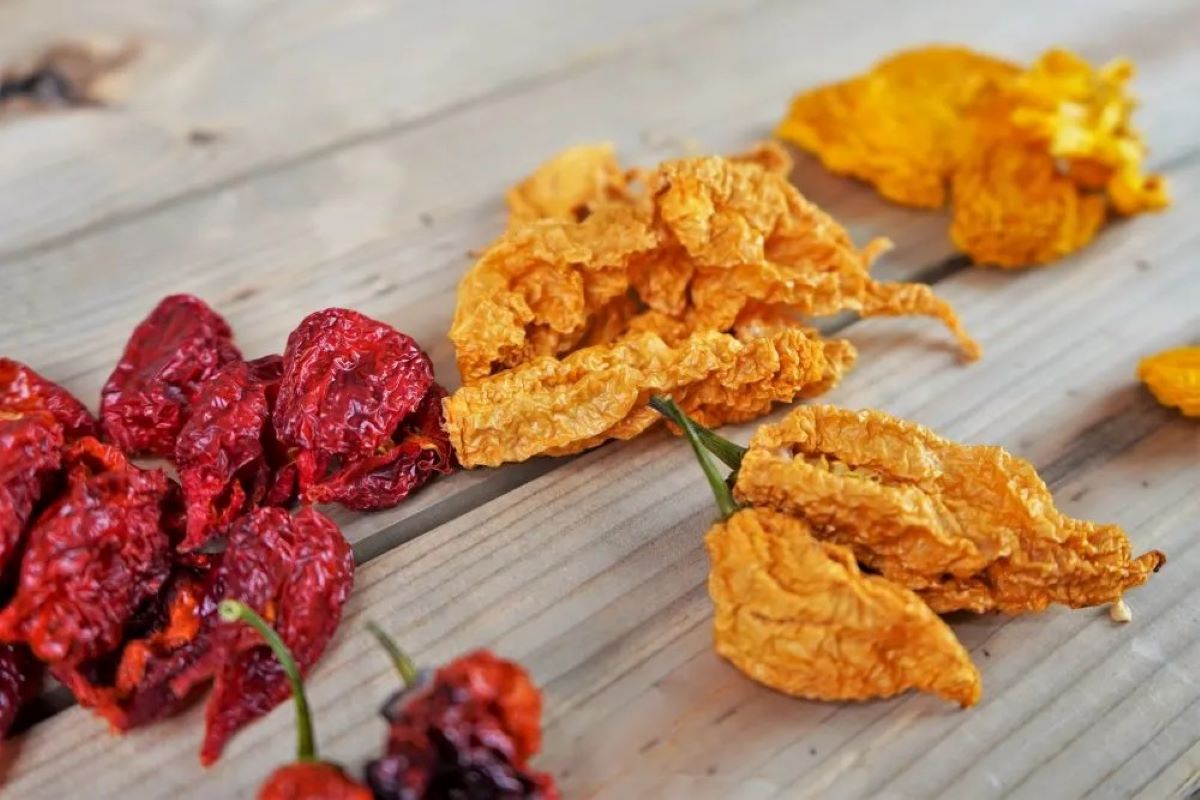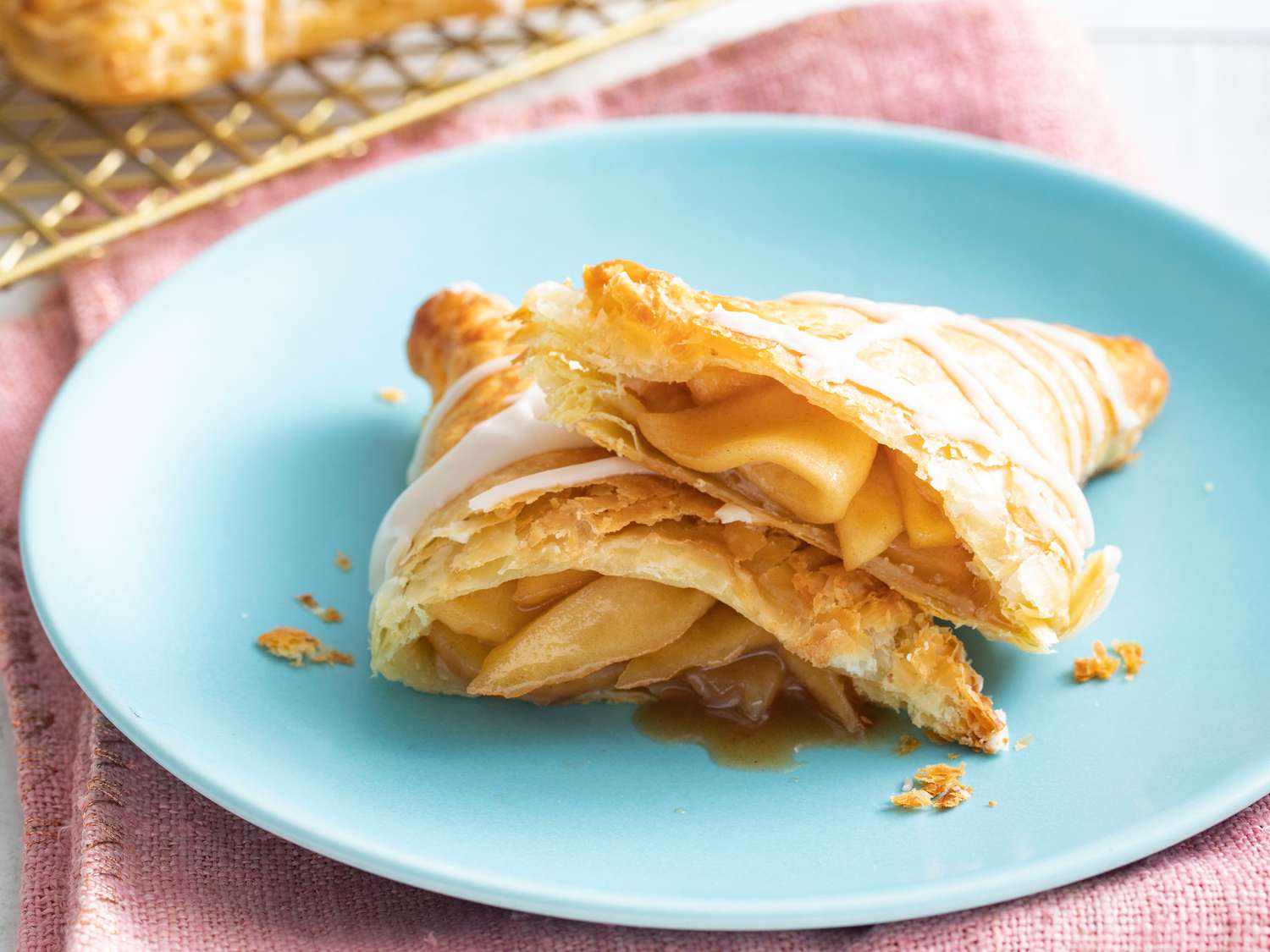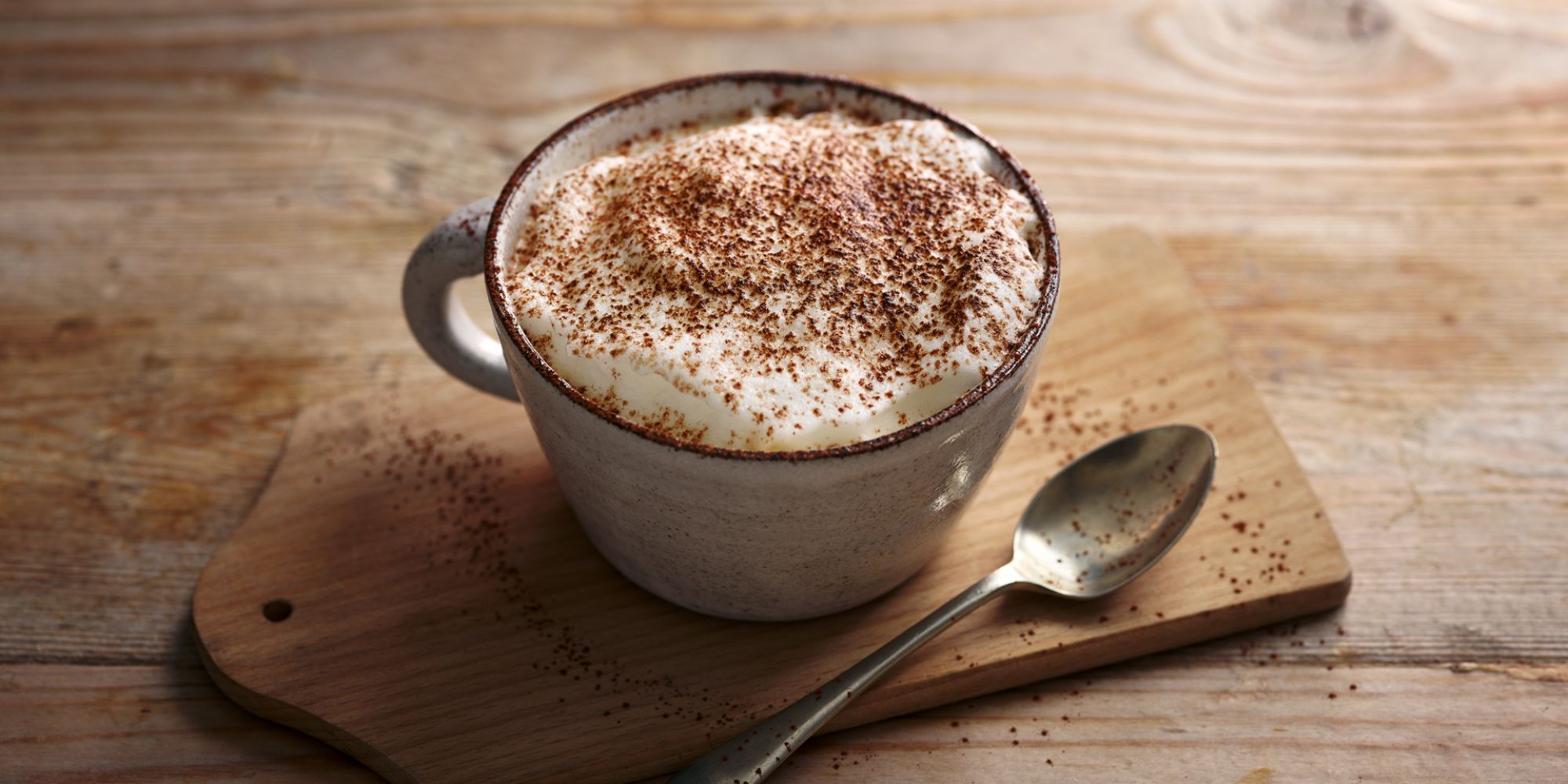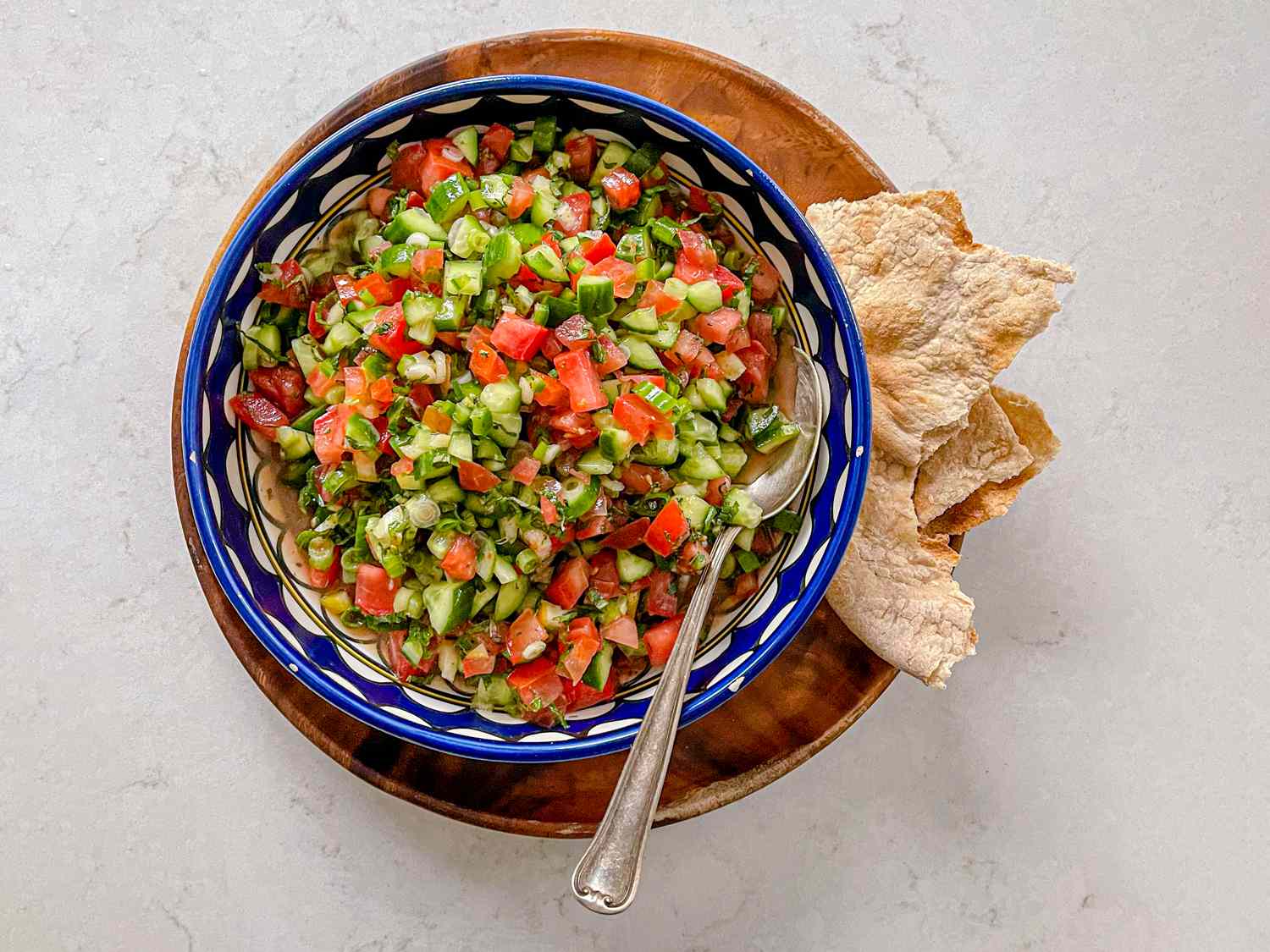Understanding the Accuracy Requirement for Food Probe Thermometers
When it comes to ensuring food safety, using a reliable food probe thermometer is essential. These thermometers are designed to accurately measure the internal temperature of food, helping to prevent foodborne illnesses. However, it’s important to understand the accuracy requirements for these thermometers to ensure that they are providing reliable readings.
Accuracy Standards for Food Probe Thermometers
The accuracy of a food probe thermometer refers to how closely it can measure the true temperature of the food being tested. The accuracy requirement for food probe thermometers is typically defined by regulatory agencies such as the Food and Drug Administration (FDA) in the United States or the Food Standards Agency (FSA) in the United Kingdom. These agencies set specific standards for the accuracy of food probe thermometers to ensure that they provide trustworthy temperature readings.
Factors Affecting Accuracy
Several factors can affect the accuracy of food probe thermometers, including:
- Calibration: Proper calibration is crucial for ensuring the accuracy of a food probe thermometer. Thermometers should be calibrated regularly to maintain their precision.
- Probe Length: The length of the probe can impact the accuracy of temperature readings, especially in thicker cuts of meat or large food items.
- Response Time: The time it takes for a thermometer to display an accurate temperature reading can also affect its overall accuracy.
- Environmental Conditions: Factors such as humidity and altitude can influence the accuracy of food probe thermometers.
Choosing an Accurate Food Probe Thermometer
When selecting a food probe thermometer, it’s important to look for certain features that indicate accuracy:
- Accuracy Rating: Check the thermometer’s specifications for its accuracy rating, which is typically expressed as a plus/minus value (e.g., ±1°F).
- Calibration Options: Look for thermometers that offer easy calibration methods to ensure ongoing accuracy.
- Probe Length: Consider the types of food you will be measuring and choose a thermometer with an appropriate probe length for your needs.
- Response Time: Faster response times can contribute to more accurate temperature readings, especially in fast-paced kitchen environments.
Importance of Accuracy in Food Safety
Accurate temperature measurements are critical for ensuring that food is cooked to safe levels and stored at proper temperatures. Inaccurate readings can lead to undercooked or overcooked food, increasing the risk of foodborne illness. By using accurate food probe thermometers, food service professionals can maintain high standards of food safety and protect the health of their customers.
Conclusion
Understanding the accuracy requirement for food probe thermometers is essential for anyone involved in food preparation and service. By being aware of the factors that affect accuracy and knowing what to look for in a reliable thermometer, food service professionals can ensure that they are using tools that provide trustworthy temperature measurements. Ultimately, prioritizing accuracy in temperature monitoring contributes to overall food safety and customer satisfaction.
